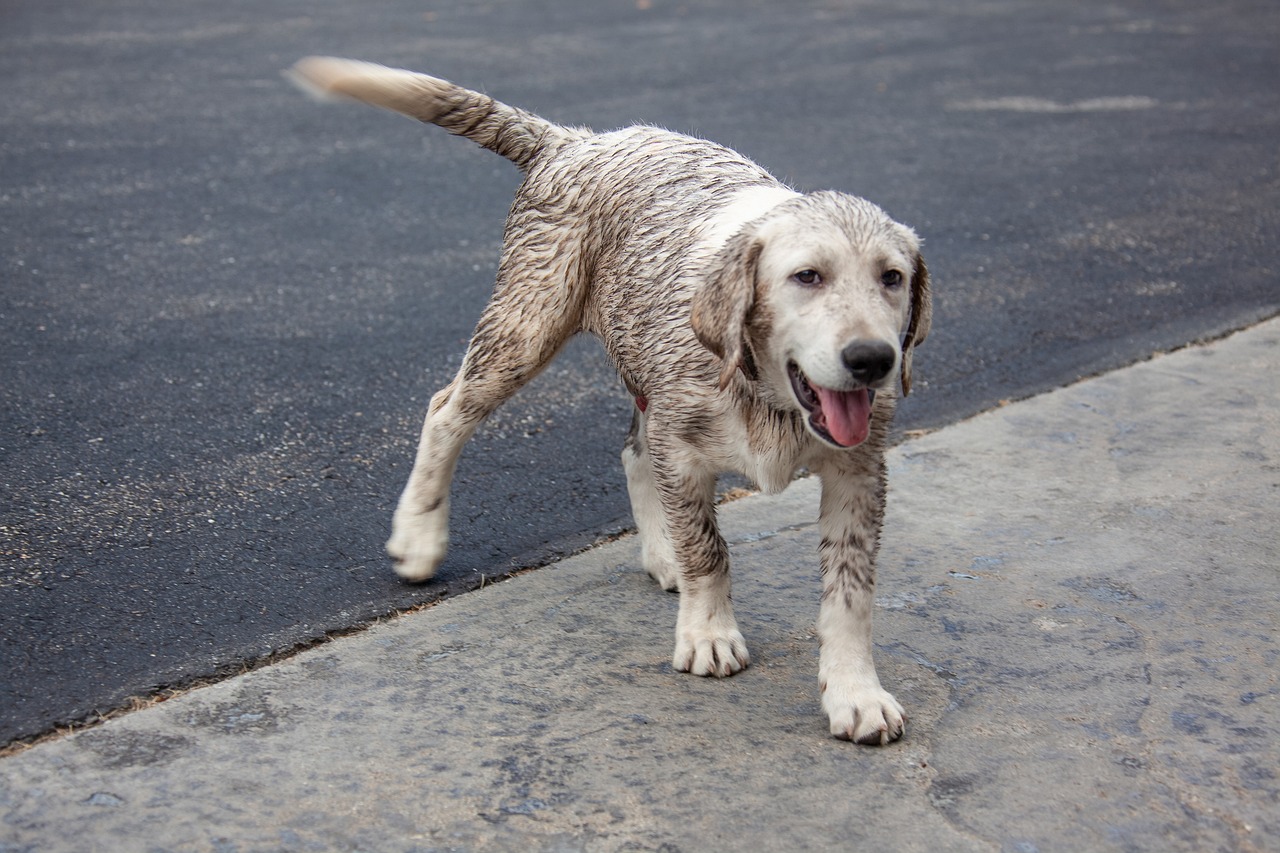NexGard is a popular flea and tick treatment for dogs that provides effective protection against these pesky parasites. However, some dog owners have reported that their pets experience itching after taking NexGard. In this article, we will explore whether NexGard can indeed cause itching in dogs and discuss potential causes and solutions for this issue.
Understanding NexGard and Its Benefits
NexGard is an oral medication that contains the active ingredient afoxolaner. It is administered monthly and is highly effective in killing fleas and ticks, preventing infestations, and providing long-lasting protection for your furry friend. The medication is available in a chewable tablet form, making it easy to administer to dogs.
NexGard is a popular choice among pet owners due to its convenience and effectiveness in combating fleas and ticks. It provides rapid relief from infestations and helps prevent future ones, giving pet owners peace of mind knowing that their dogs are protected against these parasites.
The Potential Link Between NexGard and Itching
While NexGard is generally well-tolerated by dogs, some pet owners have reported that their dogs experience itching after taking the medication. It is important to note that itching can have various causes, and not all cases of itching in dogs can be attributed to NexGard. However, it is worth exploring the potential link between NexGard and itching to better understand this issue.
Possible Causes of Itching After Taking NexGard
- Allergic Reaction: Dogs, like humans, can have allergic reactions to certain substances. It is possible that some dogs may be allergic to a component of NexGard, leading to itching and other allergic symptoms.
- Dry Skin: Itching can also be a result of dry skin. Some dogs may experience dryness after taking NexGard, which can cause discomfort and itching.
- Underlying Skin Conditions: Dogs with pre-existing skin conditions, such as dermatitis or allergies, may be more prone to itching after taking NexGard. The medication may exacerbate these conditions, leading to increased itching.
Solutions for Itching After Taking NexGard
If your dog experiences itching after taking NexGard, it is important to consult with your veterinarian to determine the underlying cause and develop an appropriate treatment plan. Here are some potential solutions that may help alleviate itching:
- Switch to a Different Flea and Tick Treatment: If your dog consistently experiences itching after taking NexGard, your veterinarian may recommend switching to a different flea and tick treatment that does not contain the same active ingredient.
- Provide Relief for Dry Skin: If dry skin is the cause of itching, your veterinarian may recommend using moisturizing shampoos or lotions specifically formulated for dogs to help hydrate the skin and reduce itching.
- Address Underlying Skin Conditions: If your dog has pre-existing skin conditions, it is important to manage and treat these conditions alongside flea and tick prevention. Your veterinarian may prescribe medicated shampoos, topical treatments, or oral medications to help control itching and improve your dog’s skin health.
- Explore Allergy Testing: If an allergic reaction is suspected, your veterinarian may recommend allergy testing to identify the specific allergens causing the itching. This information can help guide treatment and prevent future allergic reactions.
Conclusion
While NexGard is generally well-tolerated by dogs, some dogs may experience itching after taking the medication. Itching can have various causes, and not all cases of itching can be attributed to NexGard. If your dog experiences itching after taking NexGard, it is important to consult with your veterinarian to determine the underlying cause and develop an appropriate treatment plan. By addressing the underlying cause, you can help alleviate your dog’s itching and ensure their overall well-being.

